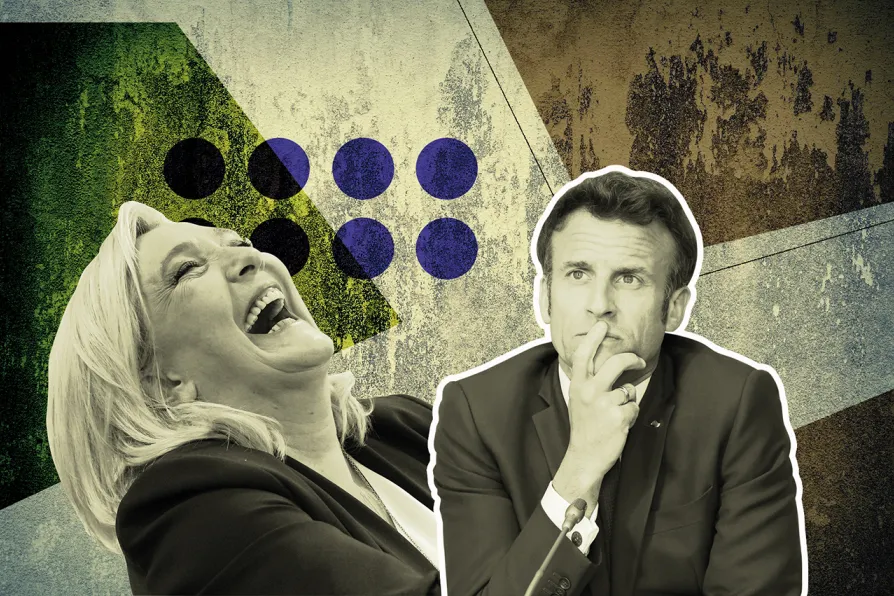Does widespread and uncontrolled use of AI change our relationship with scientific meaning? Or with each other? ask ROX MIDDLETON, LIAM SHAW and MIRIAM GAUNTLETT
France at the crossroads
With the second round of French presidential elections seeing Macron square off with Le Pen, where the left-wing vote goes is hard to predict with certainty – but calls for a ‘useful vote’ to block the far right leave all the big political questions unanswered, says NICK WRIGHT


THE first round of the French presidential election has put the frighteners on the French ruling class and the wind up the European Union Establishment.
The second round takes place this coming Sunday and the two highest-scoring candidates face a run-off.
Top of the poll, but with a less than overwhelming 27.84 per cent, is the incumbent Emmanuel Macron.
Similar stories

The desperate French president keeps running up the same political cul-de-sac. DENNIS BROE offers an explanation












